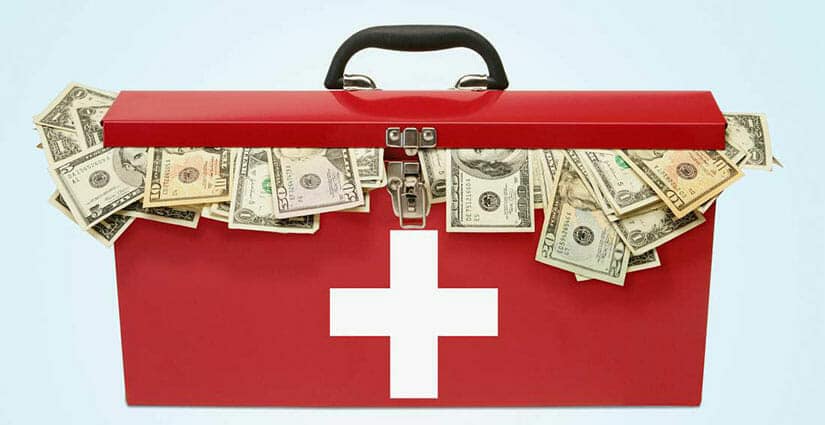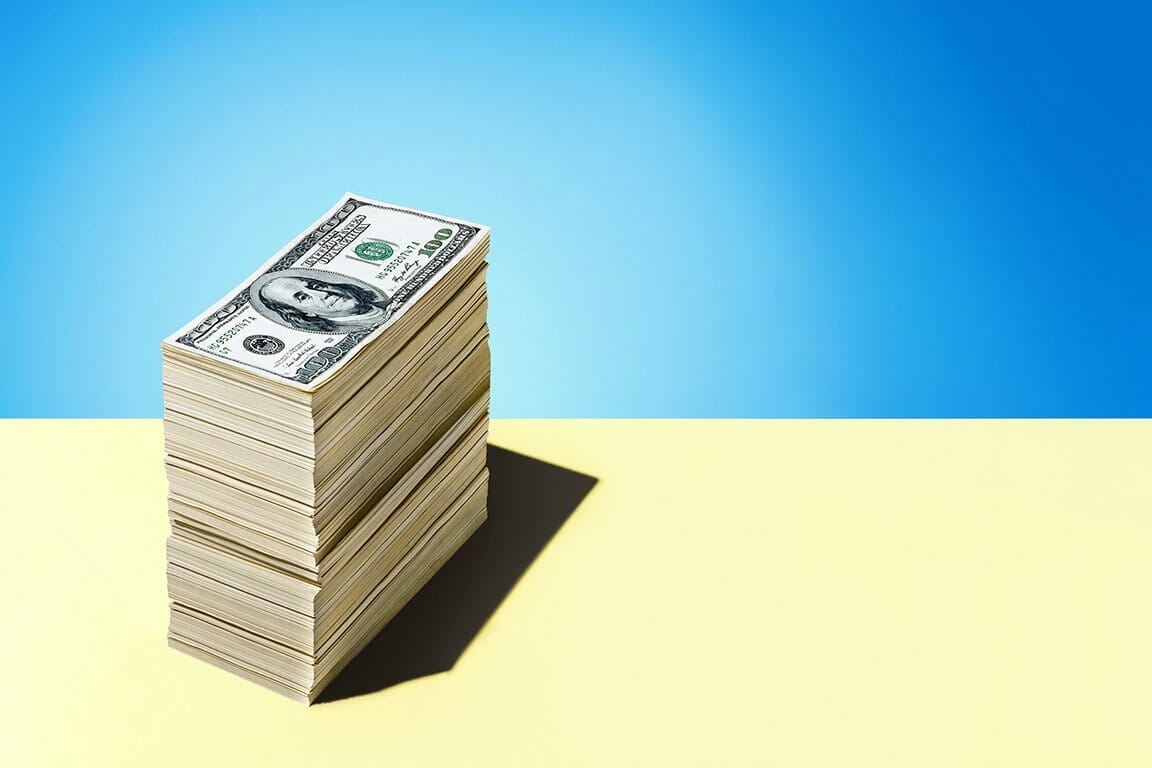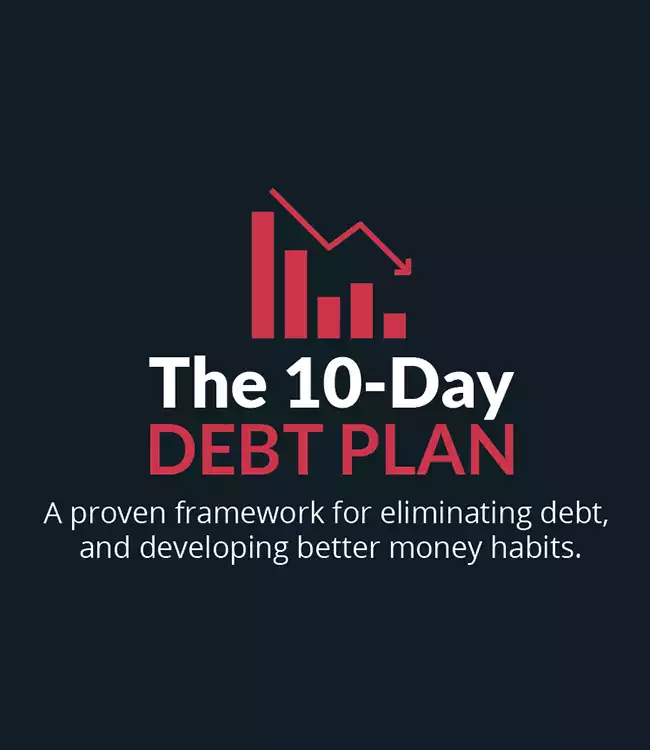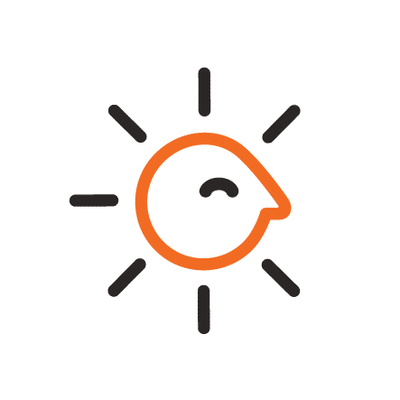If you’re sick of renting, you might be considering a home purchase. After all, mortgages tend to be cheaper than paying rent — so why doesn’t everyone just stop renting and buy a home? The truth is that buying a house isn’t just a matter of paying the mortgage every month. There are all kinds of hidden costs of buying a home. Today we’ll help you sort them all out.
One of the top draws to homeownership, among many, is the fact that mortgage payments are often much less expensive than rent. However, just because a mortgage payment is less than your current rent does not necessarily mean that buying a home would be cheaper. There are numerous costs to consider when deciding to buy a new home.
Loan origination fee
To start, there will be a loan origination fee whenever you take out a mortgage. This is what you pay the lender for doing the work involved with making the loan. Because this fee can be a large one and it is required to be paid upfront to your lender, it’s important that you figure this origination fee into your total cost calculations.
Although the exact amount you pay can vary based on the amount of your mortgage loan and the specific lender with which you work, you can expect to pay between .5 percent and 1 percent of the total value of your mortgage to cover this fee.
Working with a real estate agent

If you choose to consult a real estate agent, you’ll have to pay that person’s fee, as well. Not all agents have your best interests at heart — the more you pay for your home, the bigger their fee.
Hiring a real estate agent is not the right choice for everyone, and you should consider your specific circumstances before moving forward.
If you want to minimize your home buying costs as much as possible, and you feel confident in your ability to navigate the real estate market in which you’d like to buy, you may be just fine without an agent.
On the other hand, if you are not well versed in buying real estate and you are feeling a little overwhelmed by the process, it can be well worth it to work with an agent.
The amount you will have to pay toward a real estate agent’s fee can be tough to calculate. In most cases, the home’s seller is on the hook to pay the fee of both his or her agent and the agent of the buyer.
You will still see this fee, although it will likely be absorbed into the listing price of the home. While you won’t be able to avoid the ultimate cost, you can make sure that you get your money’s worth by working with a reputable agent.
Be sure to ask for references, read reviews online and check any relevant credentials of an agent before you hire someone.
This free course outlines a proven framework that thousands of people have used to eliminate their debt, develop better money habits, and start building a secure financial future.
Insurance fees
Another one of the commonly overlooked costs associated with homeownership comes in the form of insurance fees. Renters insurance is a relatively inexpensive form of coverage that you might not even need to cover, depending on where you live.
When you purchase a home, however, you sign up for several new insurance requirements.
You will be buying lots of different kinds of insurance, including title insurance, homeowners’ insurance and (possibly) additional flood insurance. None of them are break-the-bank expensive, but they can add up in the long run.
Homeowners’ insurance may cost you upwards of $1,000 annually, although this amount can be much more depending on the extent of your coverage and where you purchase your home.
As we mentioned above, you may have to spring for additional insurance coverage if you live in a flood or natural disaster-prone area.
It’s important that you contact a local insurance agency to find out whether you need this extra insurance for flooding and natural disasters based on where you live.
We don't buy our insurance like our grandparents. We get it in an online marketplace where prices are highly competitive and signing up doesn't require high levels of stress or time. Got a quote in under 10 minutes without talking to anyone - just how we like it.
Buying a townhome or condo
Are you considering a condo or townhome instead of a single-family residence? Be prepared for some additional fees. If you are buying into a condo or co-op, you will have various fees associated with doing so. And, if there are large improvements being made to the building, you will pay an assessment, which is your portion of the expense.
Although these fees paid to homeowners’ associations can be steep (between $200 and $400 a month), they will also save you money that you might have spent on repairs and maintenance. This, combined with the fact that condos tend to be much less expensive than single-family homes, make them a good real estate choice for many buyers.
You can also prevent getting stuck with additional repair fees for the complex by carefully assessing the condition of the community you’re considering before you buy. When you view a home in a condo or townhome complex or building, pay close attention to the condition of the roofs and the pavement, as these are a couple of the most common repair expenditures to which condo owners are expected to contribute.
Closing costs
Closing costs will encompass a number of things, including appraisal costs. Make sure you’re prepared to pay these fees, as they will be charged almost immediately after the seller accepts your offer on a home. Once you have closed, you’ll be able to move into your new place.
Moving costs money. If you’re going from an apartment to a house with a yard, you’ll need things like a lawn mower, a snow shovel and tools that you never needed before — all that great Home Depot stuff. Thankfully, there are many resources available online, including full lists of essential household items that most homeowners need at some point.
One of the most predictable aspects of owning a home is unpredictability. You never know when something will go wrong, when you will need to replace a major appliance or when you’ll have to make a significant repair.

You’re going to need an “oh shit” fund.
The water heater needs replacing? Oh shit, better have a fund for that. Did snow collapse the roof? Oh shit, gonna need a fund for that. An emergency fund just for your home is a good idea.
As you work on building an emergency fund, it’s a good idea to also gather emergency supplies. Stock up on some food, water and First Aid supplies that could last you and your family for several days — just in case.
Taxes and other costs
Nobody likes additional taxes, and property taxes can be a huge expense. These are not a flat tax — and they can vary significantly depending on many different factors. Your home will be evaluated by an assessor who specializes in allocating value to real estate.
This assessor will consider the value of homes and properties surrounding yours, the cost of replacing the house and the rate that could be charged for leasing the property based on the local rental market.
The value that gets attributed to your home will be considered, along with the municipality of the home, to produce a rate of property tax.
It’s important to remember that the property tax rate that you first receive is not static and may change as time goes on. If you make a major change to your home, such a kitchen renovation or backyard landscaping, your home value will likely increase and your property taxes will increase along with it.
Your mortgage company will also hold some money in an escrow account in case you don’t pay those taxes. So, you pay the taxes and have money taken away in case you don’t pay those taxes.
Many mortgages are also considered “high ratio” which basically means that they are riskier given a low downpayment, and require extra insurance.
This is a requirement that can vary from each lender, but the general rule is that if you’re putting less than 20% down on a property, you may be required to obtain and pay for extra insurance. Be sure to discuss this with your lender.
Costs of buying a home

Buying a home can be a good investment, but make sure you understand the fine print costs involved. You should be prepared for all the fees, taxes, charges and various expenditures that you will have to cover before you ever dip your toe into the real estate market.
To avoid being blindsided by any of these costs, it’s a good idea to do your research and ask a lot of questions to both your agent and lender.
These professionals will be able to help you plan ahead for the different costs you will face and give you price estimates specific to your market and the cost of the homes at which you are looking.


